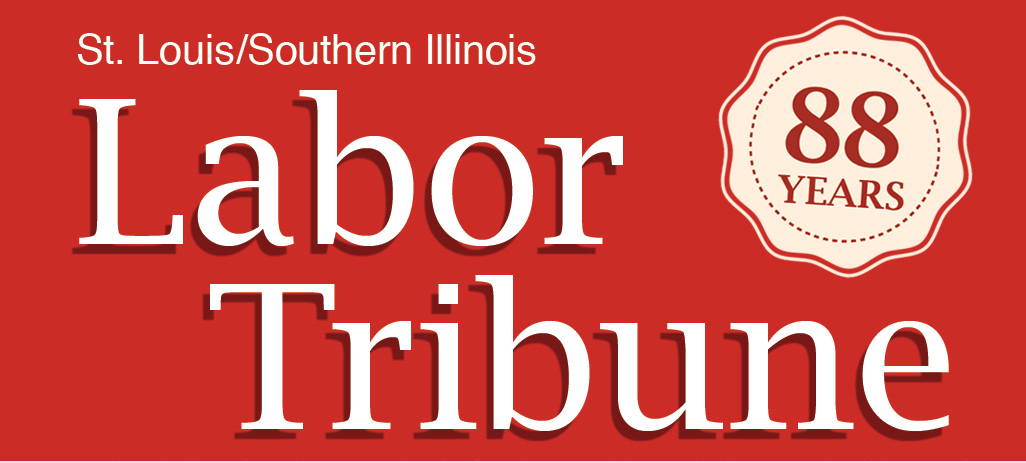This Week in Labor History July 8-14

JULY 8
1867 – The Pacific Mail Steamship Co. fires all employees who had been working an eight-hour day, then joins with other owners to form the “Ten-Hour League Society” for the purpose of uniting all mechanics “willing to work at the old rates, neither unjust to the laborers nor ruinous to the capital and enterprise of the city and state.” The effort failed.
1905 – Founding convention of the Industrial Workers of the World (I.W.W. or Wobblies) concludes in Chicago.
1966 – Some 35,000 members of the Machinists union begin what is to become a 43-day strike that shuts down five major U.S. airlines, about three-fifths of domestic air traffic.
JULY 9
1918 – The worst rail accident in U.S. history occurs when two trains pulled by 80-ton locomotives collided head-on at Dutchman’s curve in west Nashville, Tenn. – 101 people died, another 171 were injured.
1923 – New England Telephone “girls” strike for seven-hour workday, $27 weekly pay after four years of service.
1935 – New York City subway system managers in the Bronx attempt to make cleaning crews on the IRT line work faster by forcing the use of a 14-inch squeegee instead of the customary 10-inch tool. Six workers are fired for insubordination; a two-day walkout by the Transport Workers Union wins reversal of the directive and the workers’ reinstatement.
1953– Fourteen volunteer firefighters and one Forest Service employee die fighting the Rattlesnake wildfire in California’s Mendocino National Forest. The blaze was set by an arsonist.
2001– Five thousand demonstrators rally at the state capitol in Columbia, S.C., in support of the “Charleston Five,” Labor activists charged with felony rioting during a police attack on a 2000 longshoremen’s picket of a non-union crew unloading a ship.
JULY 10
1894– Some 14,000 federal and state troops finally succeed in putting down the strike against the Pullman Palace Car Co., which had been peaceful until July 5, when federal troops intervened in Chicago, against the repeated protests of the governor and Chicago’s mayor.
1902 – A powerful explosion rips through the Rolling Mill coal mine in Johnstown, Pa., killing 112 miners, 83 of whom were immigrants from Poland and Slovakia.
1946– Sidney Hillman dies at age 59. He led the Amalgamated Clothing Workers, was a key figure in the founding of the Congress of Industrial Organizations and was a close advisor to President Franklin D. Roosevelt.
JULY 11
1936– After seven years of labor by as many as 2,800 construction workers, the Triborough Bridge opens in New York.
1983– A nine-year strike begins at the Ohio Crankshaft Division of Park-Ohio Industries in Cleveland. Overcoming scabs, arrests and firings, UAW Local 91 members hung on and approved a contract in 1992 with the company—now under new management—that included company-funded health and retirement benefits, as well as pay increases.
JULY 12
1917– Bisbee, Ariz., deports Wobblies; 1,186 miners sent into desert in manure-laden boxcars. They had been fighting for improved safety and working conditions.
1933– The Screen Actors Guild holds its first meeting. Among those attending: future horror movie star (Frankenstein’s Monster) and union activist Boris Karloff.
JULY 13
1934– Southern Tenant Farmers’ Union organized in Tyronza, Ark.
1995– Detroit newspaper workers begin 19-month strike against Gannett, Knight-Ridder. The strike was to become a lockout, which lasted four years more.
JULY 14
1877– The first national strike started at Baltimore’s Camden Yards Station when workers on the B & O Railroad refused to work after a 10 percent wage cut.
1921– Italian immigrants and anarchists Nicola Sacco and Bartolomeo Vanzetti are convicted in Massachusetts of murder and payroll robbery — unfairly, most historians agree — after a two-month trial, and are eventually executed.
(Compiled by David Prosten, founder Union Communication Services)



Leave a Reply